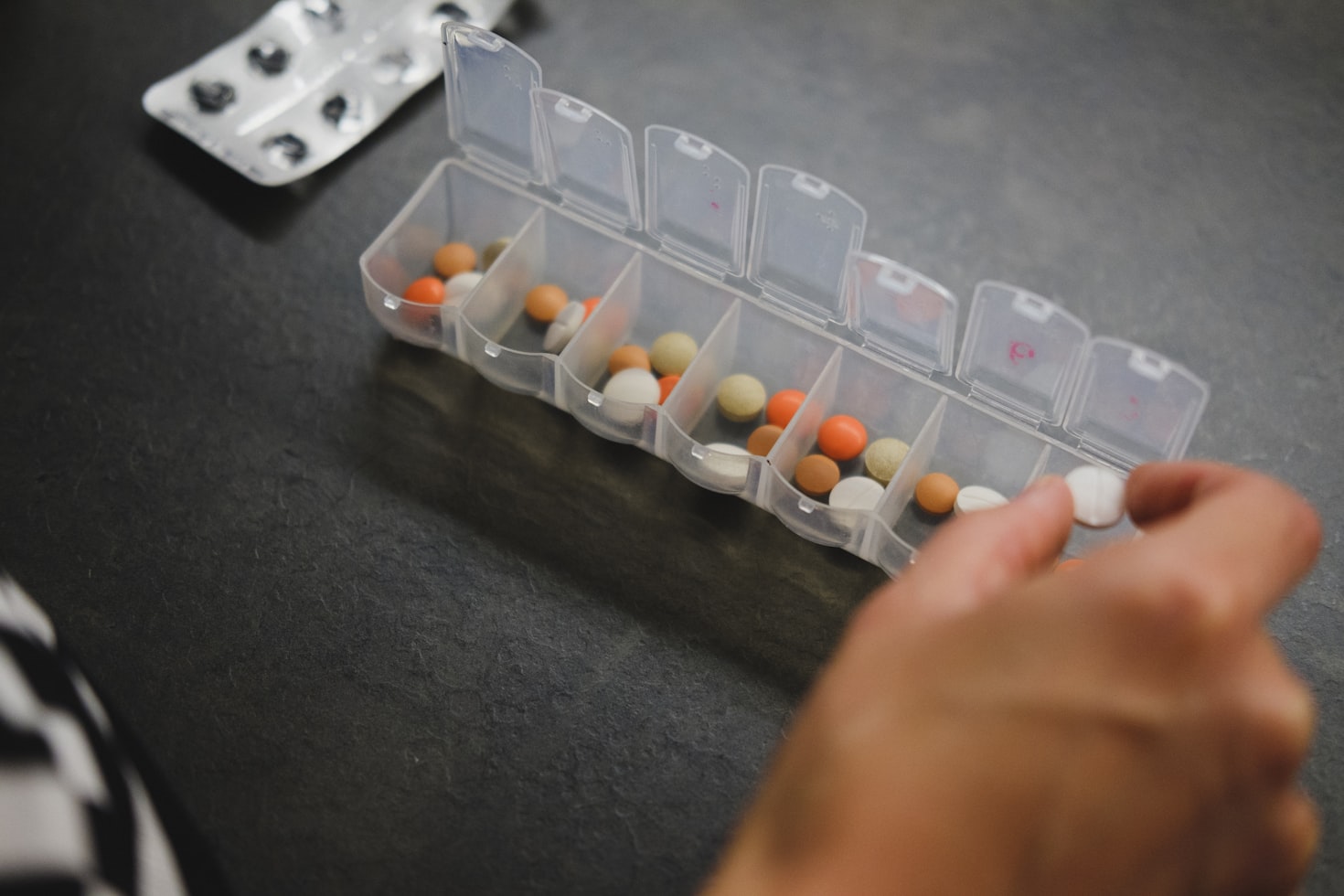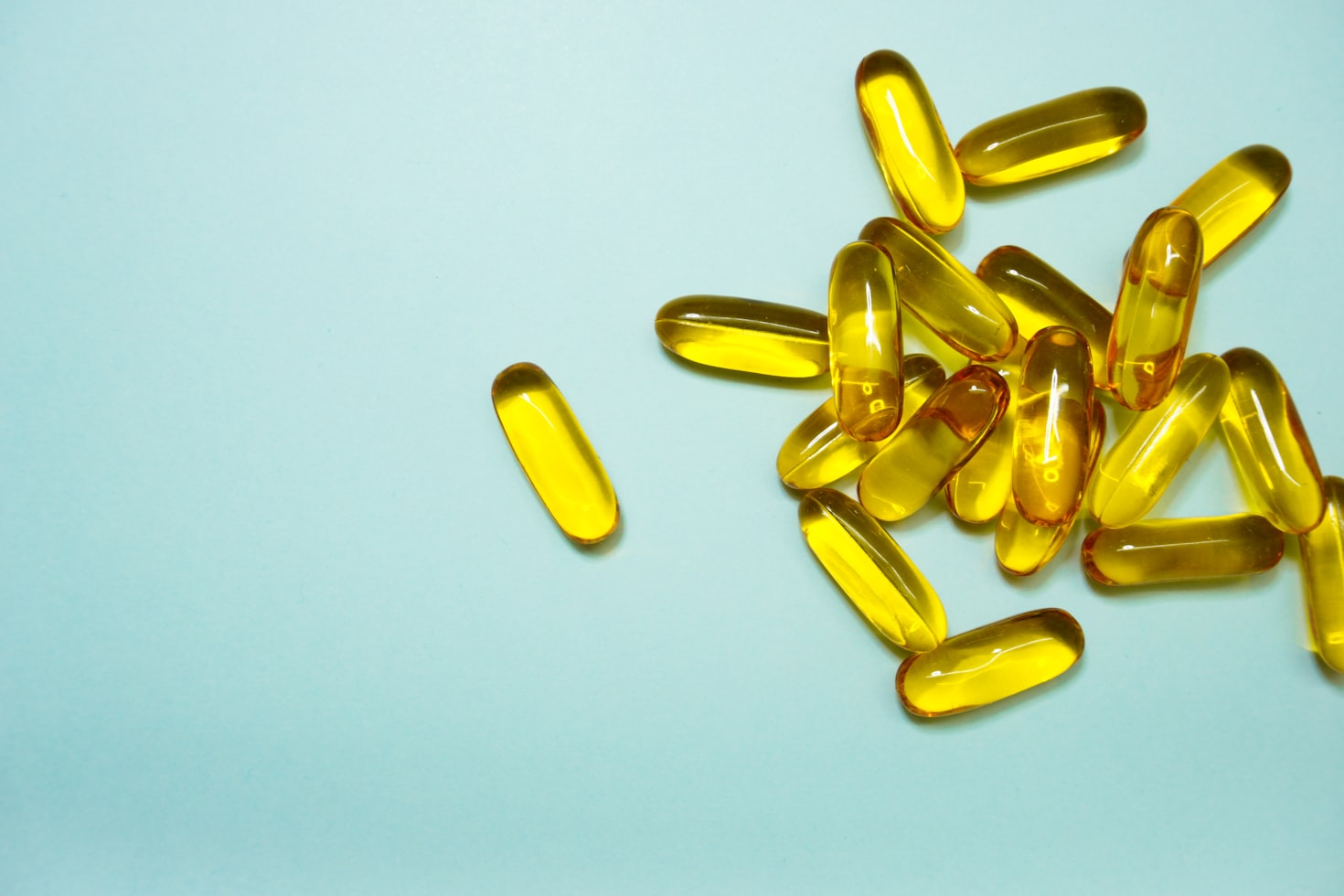Do Heart Health Supplements Work? Top 4 Types to Take
There are numerous heart health supplements on the market that promise to improve heart health. As a result, it is understandable that people are thinking about whether they should start taking them or switch from their regular multivitamins. However, for many that claim to provide cardiac advantages, there is little evidence-based data to support the use of vitamin supplements to protect your heart.
Are There Any Heart Health Supplements That Work?
Some people prefer supplements to prescription drugs because they believe they are a safer method to treat health problems. However, many of these supplements do not aid the heart in the way that individuals assume. While some may help lower cholesterol or improve blood pressure, both of which can lead to heart disease. In fact, many of the promises about heart health are deceptive.

Supplement companies do a fantastic job of selling the concept of overall health, but so-called heart health supplements are not validated for efficacy. The US Food and Drug Administration (FDA) does not examine several multivitamins designed for heart health or other illnesses.
For example, vitamin C may not be harmful to your heart. It does not, however, provide any specific benefits for heart health. On the other side, certain people may be more prone to heart failure and stroke if they consume vitamin E. Patients who are being treated for heart disease are highly prohibited from utilizing vitamin E. Also, the interaction of vitamin D and calcium has also been linked to potential hazards. Only those with really low levels should consider supplementation.
4 Most Common Heart Health Supplements
Fiber

The fiber here has nothing to do with your home internet connection. Instead, the fiber in your diet helps your number two move more smoothly. In addition, fiber helps reduce the amount of cholesterol your body absorbs from food. To be more specific, women should consume at least 20g of fiber per day, while males should consume at least 26g. This equals to 2 servings of fruits and vegetables per day.
CoQ10
Coenzyme Q10 (CoQ10), a nutrient created by the body and needed for cellular energy, is frequently promoted as essential if you are on cholesterol-lowering statin drugs. Proponents of CoQ10 claim that it helps minimize muscle soreness, which can be a side effect of statin use, and that it is an essential energy source for the body. Participants in a study of congestive heart failure who received 100 micrograms per day experienced fewer adverse cardiac events than those who took a placebo.

There are multiple types of statin medicines, each with a distinct dose. Thus, finding one that works for you is better than taking a supplement to combat the negative effects of your present prescription.
Red Yeast Rice
Red yeast rice is used in a variety of dishes, including Peking duck, as well as in Chinese medicine. When red rice is fermented with specific yeast strains, it produces an extremely low-dose statin. Statin medications are routinely used to treat excessive levels of harmful cholesterol.

Although some people choose red yeast rice over prescription statin medicines because they believe it is more natural and safer, it is not regulated by the FDA or evaluated in any way to ensure its safety.
A study of red yeast rice supplements discovered that 4 out of 11 brands contained a chemical known as citrinin. If the environment is not adequately regulated during the culturing phase, this develops. Citrinin has been linked to renal failure in animals as well as genetic damage in human cells. Prescription statins, on the other hand, are tightly controlled and have a demonstrated track record of being safe and well tolerated by the vast majority of patients.
Fish Oils (Omega-3 Fatty Acids)

Omega-3 fatty acids are beneficial to the heart of both healthy individuals and those who are at high risk of or have cardiovascular disease. Mackerel, lake trout, herring, sardines, tuna, and salmon are high in two types of omega-3 fatty acids: eicosapentaenoic acid (EPA) and docosahexaenoic acid (DHA).
The link between omega-3 fatty acids and reduced cardiovascular risk is still being researched, although studies have indicated that omega-3 fatty acids can:
- Reduce the likelihood of an abnormal heart rhythm (arrhythmia), which can result in unexpected cardiac death
- Reduce triglyceride levels
- Reduce the growth rate of atherosclerotic plaque (atherosclerosis), which can cause blood vessel blockage
- Reduce your blood pressure
- Reduced risk of cardiac failure
Excessive bleeding may occur when omega-3 fatty acids interact with blood thinners such as aspirin and warfarin. Before beginning omega-3 health supplements, consult your doctor or pharmacist if you are on any drugs.
What’s The Best Way to Consume Heart Health Supplements?
While research on heart-healthy supplements has been mixed, there is some good news if you want to take care of your heart. Eating heart-healthy meals like fresh fruits, vegetables, and whole grains, as well as other ingredients like fiber and water, provides you with the nutrients you need for healthy heart function — which is also important for your overall health.
It is usually a good idea to consult your doctor before beginning any new supplement. Your health care practitioner can advise you on whether they are appropriate for you.





